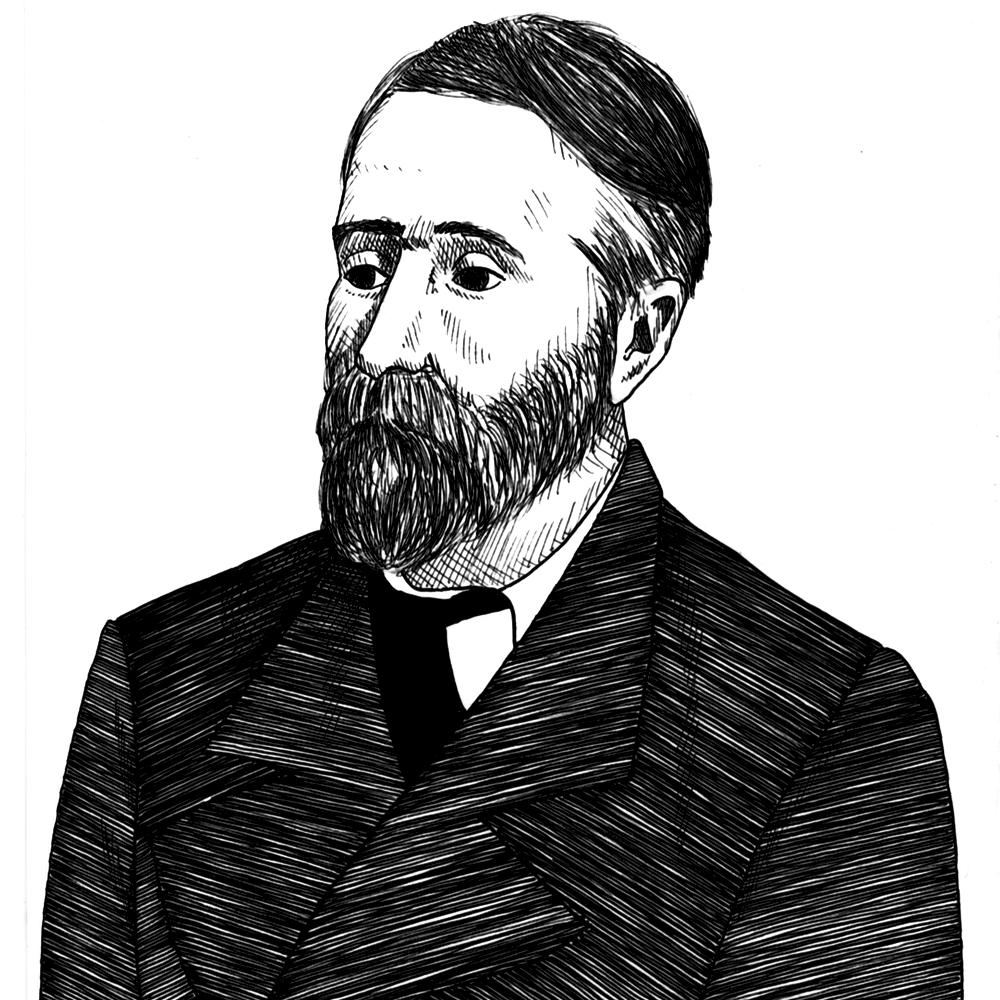
Auberon Herbert’s aim is to destroy the love of power and the desire to use force against others (1897)
Found in: The Right and Wrong of Compulsion by the State and Other Essays (1978 ed.)
The English radical individualist Auberon Herbert (1838-1906) was a member of a group that called themselves “Voluntaryists” who believed in self-ownership and opposed the use of force in all its forms. This is part of an impassioned speech he gave explaining their views:
Rhetoric of Liberty
What is the work of the voluntaryist? It is to destroy the love of power; to destroy alike in himself and in his fellow-men the desire to force opinions or interests—whatever they may be—upon others; to be content to be a self-ruler, not a ruler of others; to strengthen belief in the moral weapons of reason, discussion and example; to bear patiently many evils rather than to weaken at any point the principle of self-ownership and self-direction; and to live in the faith that there is no evil which cannot be overcome by courage and resolution, no moral failure that cannot be remedied, except the one evil, the one moral failure, of abandoning self-ownership and self-direction.